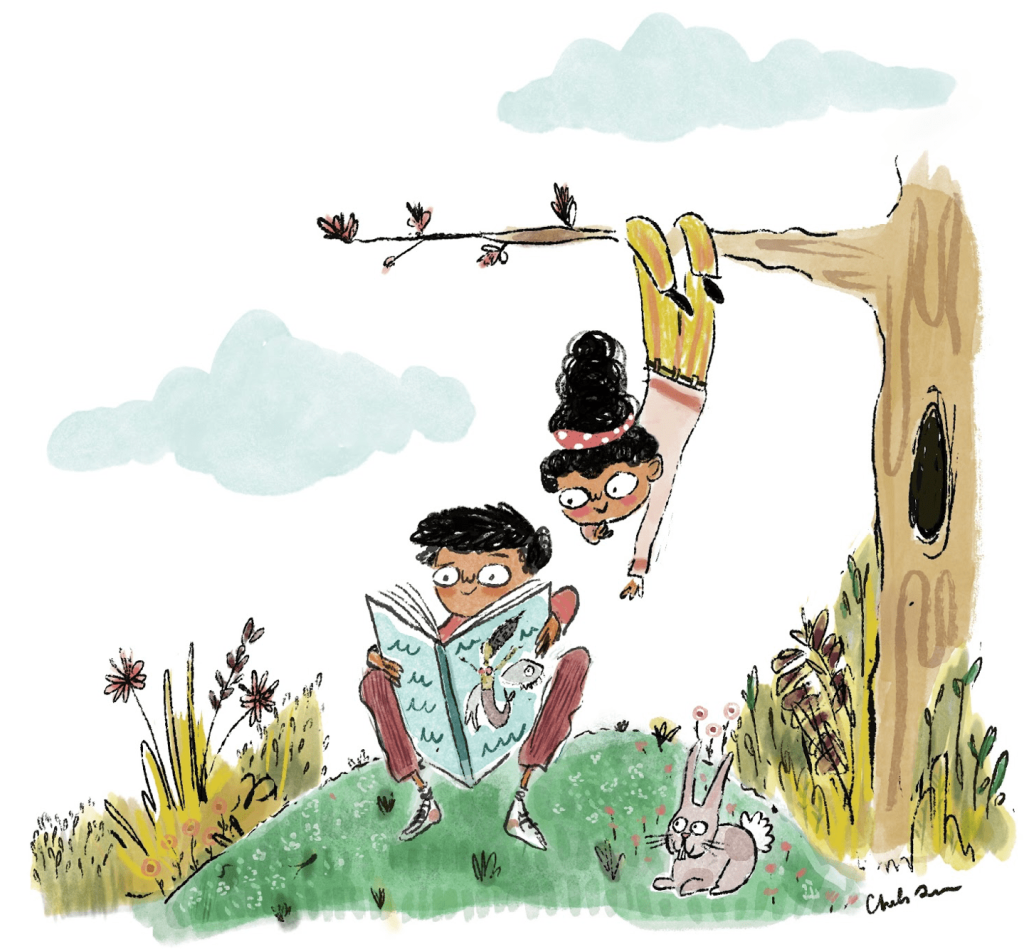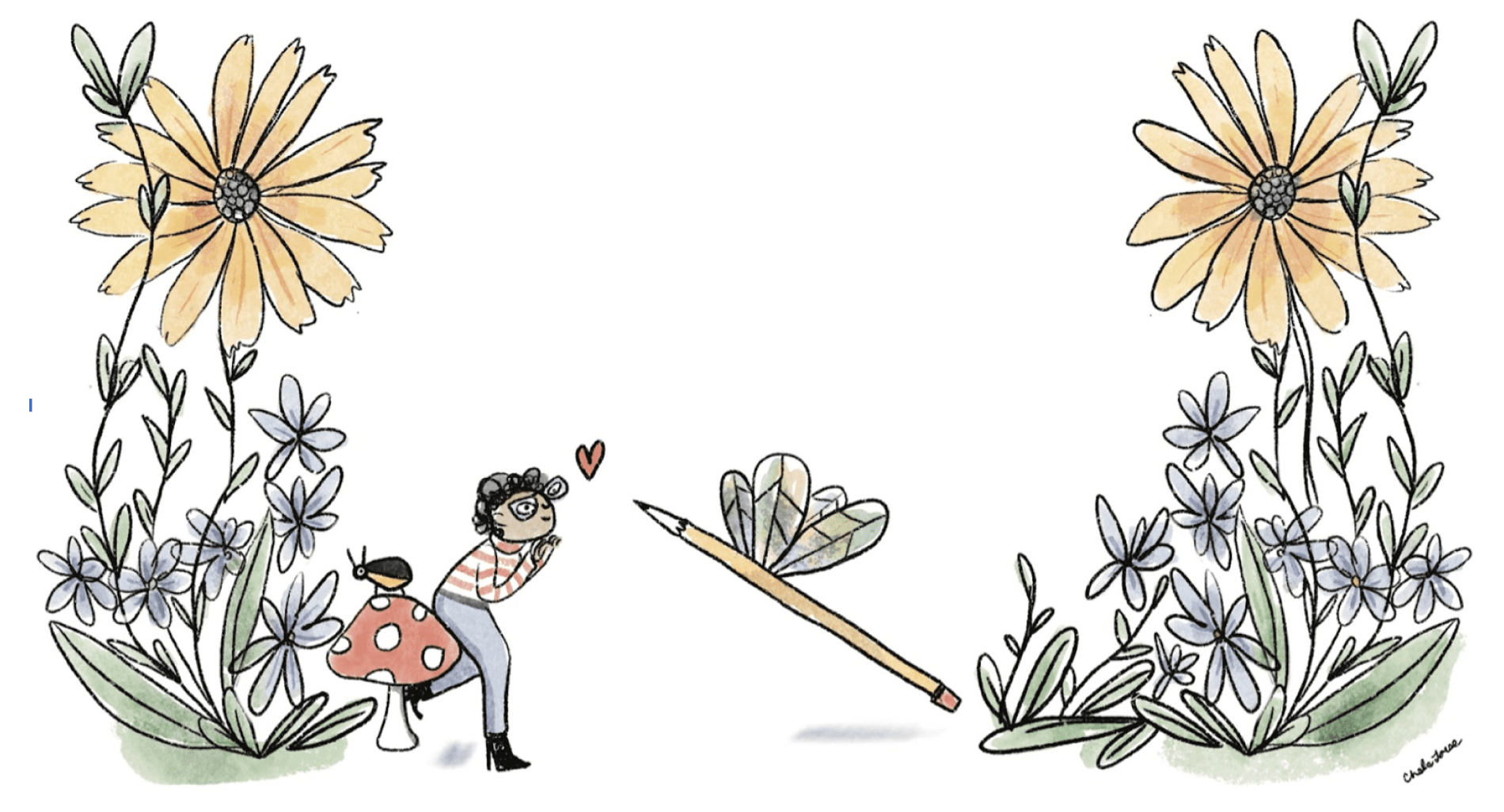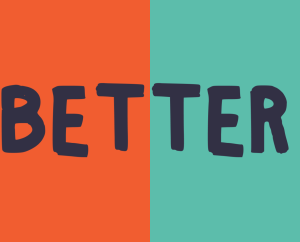The game of life
Chess players have ratings. Did you know?
Their ratings are determined by a metric called an Elo. It’s a calculation of the probable outcome of one chess player’s game against another’s. If a player rates higher, it’s more probable that they’ll win.
The Elo rating system provides a mathematical, statistical approach that can be applied consistently across different organizations and competitions. It takes into account not only the result of each game (win, lose, or draw), but also the relative strength of the opponents. This allows for more accurate rankings and predictions.
If you’re an avid chess player, you might hit an Elo rating of 1,000 maybe even 1,500. But that’s nowhere near the masters. Anatoly Karpov’s highest Elo rating was 2,780. Bobby Fisher’s has been estimated at 2,875. Gary Kasparov, whose reign as top player lasted over 20 years, earned a rating of 2,851 by the end of his career. Today the top recorded chess player in the world, Magnus Carlsen, has an Elo of 2,882. This number is the pinnacle of human achievement in the chess world.
A chess engine is a computer program that uses artificial intelligence algorithms to analyze and evaluate chess positions and make moves. Chess is a human invention. But our collective chess output, a massive tome of openings and moves can be cataloged, replicated, and perfected by a computational engine.
Stockfish is one such engine. It’s open source and you can use it for free. It has an estimated Elo rating of over 3,500.
Humans will never win chess against a computer. Yet humans still play chess.
Rise of the machines
You might find yourself in a different boat on the same ocean.
The invention of Generative AI has changed the game for creatives everywhere. Like a chess engine, these machines have scoured the world of human output to figure out all the moves so it can improvise its own moves.
Generative AI can draft prose faster than any human on Earth. Human writers will never beat a text generation tool at output. If this feels scary or annoying, that’s OK. Change is rarely easy. But I hope it doesn’t feel like an invitation to stop writing.
Keep writing. The world needs writers. And the value of writing is more than the production of words, writing is valuable as an act of creation. In “The Creative Act” author Rick Rubin sums up a similar idea as, “Creativity is not a rare ability. It is not difficult to access. Creativity is a fundamental aspect of being human. It’s our birthright. And it’s for all of us.” To participate in that birthright, you must actively seek it out. To let another entity do the work for you robs you of the benefits you get from being creative: a bigger perspective, a deeper awareness, new ideas, a break from the late-stage capitalism ping-pong game.
As a writer, your job is to communicate meaning. As an expert in meaning, you hone concepts until they shine brightly. By practicing deep empathy you map out how to guide people on a path. To create the guidance, you crank out winning combinations of words, tones, and brain crumbs for people to follow. This is the labor of writing: meaning, mapping, and mechanics.
Neurologically speaking, when you write, you’re creating neural pathways. Your brain is building bridges between concepts, ideas, and memories. The world needs more people who can think through a situation with intention, and more people who can respond instead of react.
Philosophically speaking, when you write you’re getting better at living. How to read a room, explain concepts, see an idea from opposing angles, diffuse tension, describe the indescribable. Humans deal in meaning, and you, a human, will only ever benefit from a deeper mastery of how to communicate with your fellow sapiens. (Sapes for short.)
You come from a long line of workers responsible for clarity, beauty, and powerful language. Your writerly ancestors are responsible for a language cornucopia that includes the “Stop” on red octagons, extremely persuasive 1980s timeshare pamphlets, and the words in every speech that has stopped a war. You are part of that lineage.

Writing is a way of life
Does being a writer mean you’ll never use AI to help? Nah. In our automate-your-hustle culture that is increasingly labor avoidant, a tool that minimizes work and maximizes speed is appealing. This is especially true if voluminous output is your primary concern.
Making words isn’t the same as writing. Writing is a purification system.
You wade through the rivers of meaning to de-gunk the world, and by honing concepts and making new connections, you clear the gunk in your mind. The more you do it, the swifter meaning flows.
Let’s go back to Magnus Carlson, the best chess player in the world. Magnus is not interested in playing the human game of chess against a CPU. There’s a difference between a player who’s only here to win, and one who’s here to love the game.
You are a writer and you are that difference.
Chelsea Larsson writes for Smallish Book with V Sri. Her writing partner, V Sri will give a talk at the digital design conference Design Matters Mexico 24, which will take place in Mexico City & Online, on Jan 31-Feb 1, 2024. Get your ticket here! And if you want to connect with Chelsea, find her on Instagram, LinkedIn, or visit her website. To connect with V Sri, find him on LinkedIn or visit his website.
About Chelsea
Chelsea is an Experience Design Director, writer, and artist based in the Bay Area. She was a Google Artist in Residence and has published work with the New York Times. On a scale of vibes, she oscillates between serene manatee and Ocean’s Eleven heist energy. Chelsea believes everything tricky in life is just a design problem waiting for the right design.




